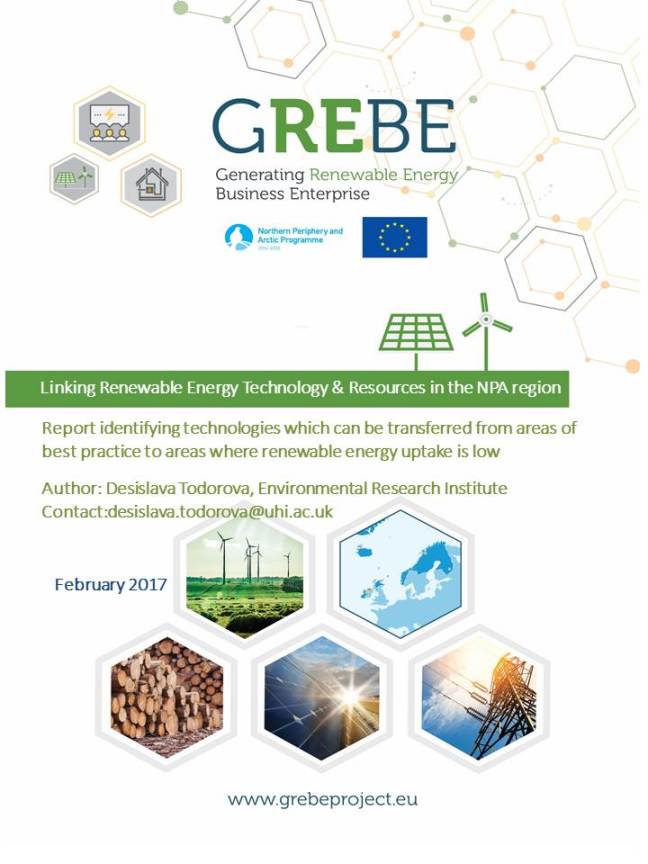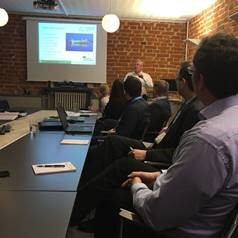
ARC Healthy Living Centre is a not-for-profit community organisation, governed by a voluntary board of directors and working across one of the most rural parts of the UK. Each week they support families, young people and adults to learn new skills, improve their health and well-being, find employment and develop confidence to achieve their goals and transform their lives. ARC has a long established ethos of inclusion and positive expectation.
The ARC Healthy Living Centre are delivering needs based services to vulnerable people and are constantly struggling to meet their running costs. They need to maintain constant temperatures in their buildings to suit their service users, primarily babies and young children in the new build and adults with long term conditions in the original build.
Recognising that they had to manage their heat demand into the future, in late 2014 they chose to move to a biomass system, as a long term outcome to reduce their costs and reduce their carbon footprint. The move to renewable energy was based on more than financial assumptions. Their commitment to protecting the environment and to move away from harmful fossil fuels was of key importance. Wood fuel is a ‘low carbon’ fuel that produces a fraction of the emissions of fossil fuels. The critical difference between biomass fuels and fossil fuels is the type of carbon emitted: biomass fuel releases contemporary carbon, whereas fossil fuel releases fossilized carbon. In addition to the environmental reasons, they were a hostage to fluctuating oil prices. As with most households and businesses locally when oil prices were high they were subject to oil theft.
In February 2015 they went out to tender for suitable installers and in June 2015 had the new system fitted and commissioned. The installation of the biomass boiler was prompted by the introduction of the Renewable Heat Incentive (RHI). The RHI aimed to encourage organisations to generate heat from renewable technologies. The RHI pays participants of the scheme for generating renewable heat and using it in their buildings and processes. Proving that the ARC met the requirements of the RHI was based on the establishment of facts and evidence, eligible heat output has to be determined and verified. On 31st August 2015 they obtained RHI accreditation.
The RHI on their new system will not cover installation costs for many years. Used ethically and correctly this system does not generate huge financial gains. The buildings have heat management systems and climate controls so therefore cannot be over heated. With the new system they have in fact reduced the heat demand, continued, maintained underfloor heating run from the biomass system has avoided the continual rationing and subsequent boosting that rendered the previous oil system so inefficient, and supplementary heaters are now seldom required. They have welcomed the media and public interest in this story, and ARC is happy to comply with any additional inspection or monitoring that is introduced as a result of the current publicity in around the RHI scheme.
The ARC Healthy Living Centre remains committed to supporting rural people experiencing fuel poverty and is working in partnership with the Northern Ireland Housing Executive in the design of a road map for innovation within the energy sector. The development of such community energy schemes could lead to: a reduction in fuel poverty, the development of a secure and affordable energy supply for those who may be deemed as vulnerable, improved energy efficiency and ultimately improved physical and social well-being of rural communities.








